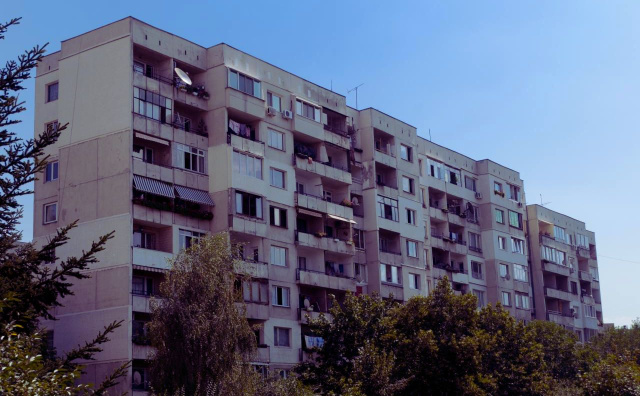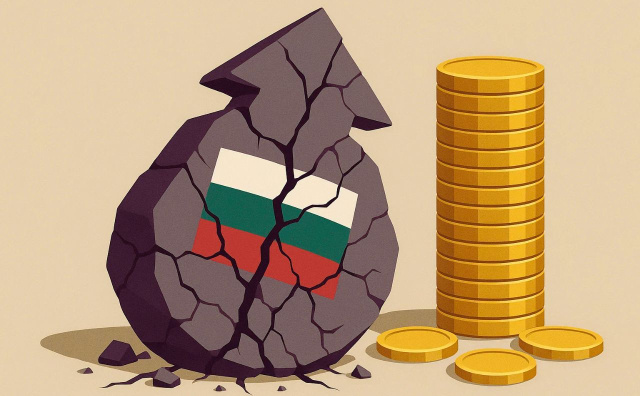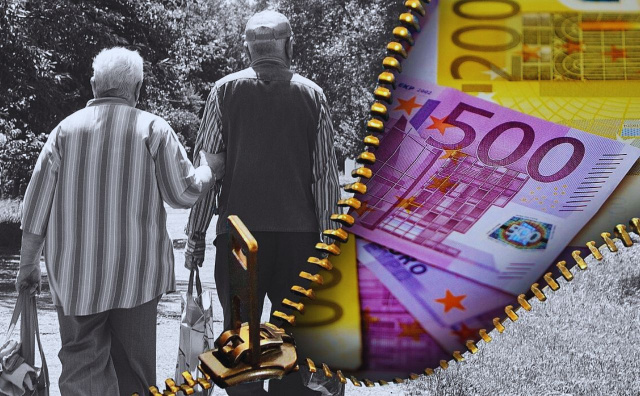Bulgaria Leads Europe in Second Home Ownership
Source: Novinite.com (Sofia News Agency)
Homeownership remains a common aspiration across Europe, with 69% of citizens owning at least one property. Among these homeowners, a significant portion also own a second property, and Bulgaria stands out as the European leader in this regard. According to a recent report on European residential property trends by Re/Max, almost half of Bulgarian homeowners (46%) possess a second home, nearly double the European average of 25%. Overall, 80% of Bulgarians report owning at least one property, compared to the European average of 63%. Satisfaction with living conditions is also high, with 82% of Bulgarians expressing contentment with their housing situation, surpassing the European figure of 76%. Greece follows Bulgaria with 39% of homeowners owning a second home, while Croatia accounts for 37%. At the other end of the spectrum, the Netherlands has the lowest share, with only 8% of homeowners holding a second property, despite housing being considered relatively affordable by 57% of respondents.
The appeal of second homes is often tied to lifestyle and leisure rather than investment. Nearly half (44%) of second homeowners use the property as a holiday retreat, while 23% intend to relocate there upon retirement. Some owners rent their homes out, either on long-term contracts (16%) or via short-term platforms such as Airbnb (16%), and others include it in their investment portfolios (14%) or use it to live between two cities (10%). Across Europe, 39% of second homes are located within the owner’s main country of residence, although people from colder climates, such as Ireland (25%), are more likely to own a property abroad. For homeowners without a second property, 13% anticipate acquiring one in the future. The report highlights that second homes represent an investment in both lifestyle and financial security, and despite a challenging economic environment, interest in acquiring them remains strong.
The COVID-19 pandemic and the rise of remote working have further accelerated the trend of second home ownership, as more Europeans have embraced flexible living arrangements, splitting their time between urban and rural settings. While traditionally popular in Mediterranean countries, a growing number of affluent investors have intensified demand, influencing local housing markets. In some areas, second home ownership has contributed to rising property prices, ghost towns, and overtourism. Higher-income owners can push mortgages and housing costs beyond the reach of locals, and the proliferation of short-term rentals exacerbates the strain on long-term housing supply. Cities like Barcelona have responded by restricting or banning short-term holiday rentals, with existing licenses suspended until 2028. France has implemented regional measures to limit second homes to curb rental platform expansion and ease housing shortages for first-time buyers. These developments reflect the balancing act European governments face between supporting property ownership and maintaining housing affordability.
The original article: belongs to Novinite.com (Sofia News Agency) .


